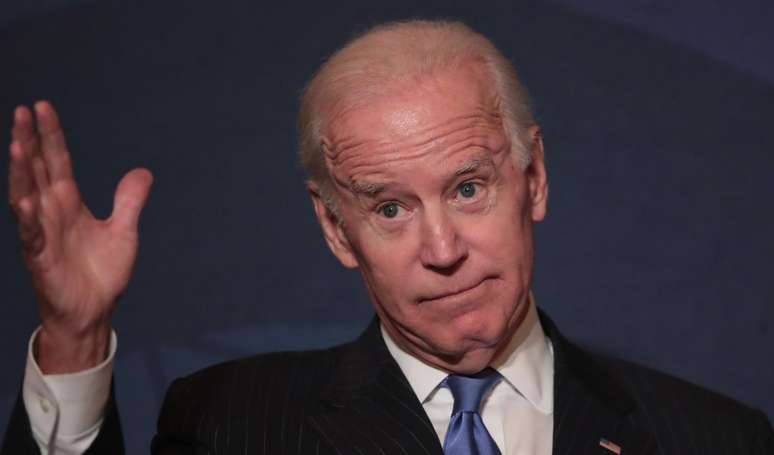The state has already recorded more than 18 thousand probable cases of the disease this year and the presence of serotype 3 is worrying
The year 2025 begins with an alarm signal Saint Paul: more than 18 thousand probable cases of dengue have already been registered in the state this year.
To date, 21 municipalities in São Paulo have declared a public health emergency: Dirce Reis, Espírito Santo do Pinhal, Estrela D’Oeste, Glicério, Guarani D’Oeste, Igaratá, Indiaporã, Jacareí, Marinópolis, Mira Estrela, Ouroeste, Paraibuna , Populina, Potirendaba, Ribeira, Rubinéia, São Francisco, São José do Rio Preto, São José dos Campos, Tambaú and Tanabi.
Of these, Glicério has the most critical situation. With a population of 4,084 inhabitants, the municipality has 78 confirmed cases of dengue this year, according to data from the Strategic Health Information Center of State Department of Health of São Paulo (SES-SP). Last year there were 90 notifications.
The municipality is carrying out fogging of streets and visiting houses to clean and stop fires. Aedes aegiziand increased the number of beds for the treatment of people suffering from the disease.
According to Lidiane Beirassol, a nurse at the Health Epidemiological Surveillance, the region has had a “significant increase” in cases and officers fighting endemic diseases have faced difficulties in carrying out their work. “People don’t allow fogging and don’t want to let them into their homes. They say they don’t have fertile land and tell the agents to come back another time. This is why we ask for the collaboration of the population,” he says.
With the second highest percentage of cases appears Tourmaline. According to the city hall, the city of 1,640 inhabitants has already recorded 42 cases of the disease in 2025. To give you an idea, 103 events occurred throughout 2024.
According to the administration, the municipality’s Department of Health is in contact with the State Epidemiological Surveillance Group (GVE) to investigate the need to declare a state of emergency, a measure that allows for faster definition and implementation of actions to combat the illness.
Support for prisoners in semi-open regime
In São José do Rio PretoMayor Fábio Candido (PL) launched a joint effort to fight dengue with the support of about a hundred inmates of the semi-open regime.
The measure was taken due to the increase in cases of the disease – there are already 4,397 probable cases – and will start this Monday 13th. The re-educated students will be mobilized to help clean critical areas of the city, eliminating breeding sites of mosquitoes, under the control of the Municipal Civil Guard.
The decision to mobilize prisoners to clean the city was taken after a meeting between the city hall and the judiciary, with the participation of municipal leaders, the judge of the Children and Youth Court and the director of the Municipal Penal Complex.
Concerns about new serotypes
Infectious disease specialist Antonio Bandeira, consultant to the Brazilian Society of Infectious Diseases (SBI), explains that it is normal to observe an increase in dengue cases during the summer. However, he points out, this growth generally occurs starting in February or March. Therefore, the doctor considers the increase in cases in January unusual.
He stresses, however, that it is too early to say whether the situation this year will be as serious as last year, when the historic record was recorded. According to Bandeira, it is possible that the high number of cases in 2024 has provided immunity to part of the population some serotypes of the disease (there are four in total: DENV-1, 2, 3 AND 4)which could limit its progress.
However, there is a worrying difference in 2025: the increased circulation of serotype 3. “It has been a long time since serotype 3 caused significant numbers of cases. This is worrying because it means that a large number of people have not had contact with it” , explains . When contracting dengue, the person is permanently immunized for the serotype that caused the infection, but not for others, which is why the disease can be contracted more than once.
According to the Secretary of Health and Environmental Surveillance, Ethel Maciel, type 1 has predominated for much of 2023 and 2024. Type 2 has grown in importance over the past year and, since December, a significant increase in cases caused by serotype 3, especially in São Paulo, Amapá, Paraná and Minas Gerais.
“Serotype 3 has not circulated in Brazil since 2008. 17 years have passed without this serotype circulating in larger quantities. We have many susceptible people,” Ethel said at a Ministry of Health press conference.
The lack of immunity in the population is a worrying fact. Recently, research coordinated by immunologist Estere Sabinoprofessor a Faculty of Medicine of the University of São Paulo (FMUSP)indicated that 73% of São Paulo’s population had no immunity against any of the four types of viruses.
“The symptoms (of the different serotypes) they are the same. What this virus can do that is concerning is allow people to get infected, even after an epidemic that gave many people immunity against other types,” says Bandeira.
More vaccines
The possibility of expanding the number of municipalities that will receive the Qdenga vaccine has not yet been discussed by the Department Ministry of Health. According to the ministry, there are limitations regarding the production of the vaccine and all available doses have been purchased.
Takeda, maker of Qdenga, expects delivery of 9 million doses this year, but shipments are being made in phases, with monthly deliveries. The company specifies that Brazil is the country with the highest number of doses available, but that there are 27 others with the vaccine in circulation. “The company’s production capacity must serve all these markets,” he says.
In December the Butantan Institute completed its application for registration with Anvisa for its dengue vaccine, Butantan-DV. If approved, one million doses of the vaccine could be delivered in 2025.
Actions by state and federal governments
According to SES, the State of São Paulo is forming municipalities for the surveillance and control of Aedes aegizi; the management of application equipment and insecticides for delivery to Municipalities; technical-operational support for the organization of municipal team activities; and monitor insecticide supplies.
The Ministry announced the installation of the Health Emergency Operations Center (COE) for dengue and other arboviruses in São Paulo. The objective of the action is to expand the monitoring of arboviruses and guide the execution of actions aimed at epidemiological, laboratory, healthcare and vector control surveillance.
Source: Terra
Ben Stock is a lifestyle journalist and author at Gossipify. He writes about topics such as health, wellness, travel, food and home decor. He provides practical advice and inspiration to improve well-being, keeps readers up to date with latest lifestyle news and trends, known for his engaging writing style, in-depth analysis and unique perspectives.








